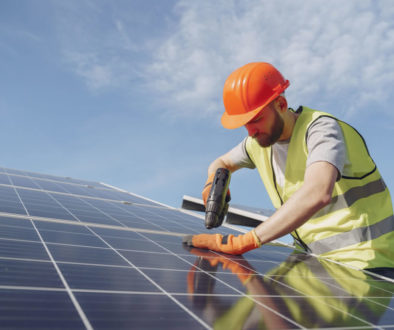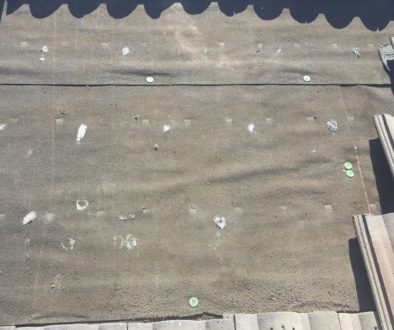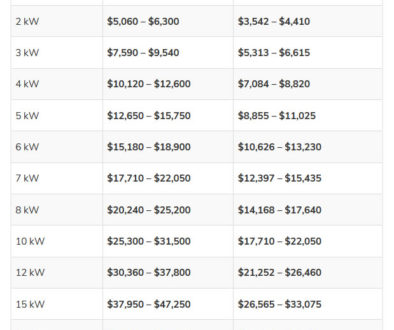Solar Storage System: DC versus AC
 Zero Down Solar is committed to providing the best value to our customers by following actively monitoring the latest developments in the industry. Our focus is not only the technological innovation and progress but also the regulatory/policy changes, and other key factors such as the electric rate related topics. This allows us to proactively advise our customers about changes to help them make informed decisions to maximize their current and future benefits from going solar.
Zero Down Solar is committed to providing the best value to our customers by following actively monitoring the latest developments in the industry. Our focus is not only the technological innovation and progress but also the regulatory/policy changes, and other key factors such as the electric rate related topics. This allows us to proactively advise our customers about changes to help them make informed decisions to maximize their current and future benefits from going solar.
One of the hot topics in our industry is energy storage and how to utilize it to achieve the best return on investment while ensuring availability of electric power during a potential power outage. Due to the recent and continuing developments in San Diego electric rates, the time has come to take a serious look at adding a storage capability now or in the near future. After carefully studying the available options, Zero Down Solar recommends a solar storage system with power optimizers and DC coupled pairing with battery due to its high overall efficiency, safety, and easy installation (“plug and play”). This approach enables getting storage ready solar system possible with the minimal additional cost now while waiting for even more reliable and less expensive batteries.
At Zero Down Solar with think choosing a solar storage system that is DC makes the most sense for a number of reasons:
Because a battery is limited to DC energy and that solar modules produce in DC. Obviously, the rest of the storage hardware should also be in DC to avoid energy loss from DC to AC. Every time that there is a conversion from AC to DC or vice versa, there is some amount of energy forfeiture. But when PV power is stored directly in the battery in DC, there are no additional wasteful conversions from AC to DC and then back again to AC for use in the home or export to the grid. This means that a DC-coupled solution allows for higher system efficiency because there will only be one total conversion.
Additional reasons that we suggest a DC solar storage system includes:
- A DC-coupled system can be implemented with only one inverter equaling a simpler installation.
- Having one inverter managing the system simplifies advanced functionalities that sometimes required.
- DC-coupled solutions allow using PV power above the inverter rating, but an AC system doesn’t.*
- In an AC system, the inverter conversion step acts as a bottleneck for energy flow.
Call us to find out more about adding a DC battery solution to your existing system or to discuss implementing a hybrid system from the initial installation:(760) 776-8182
*Per SolarPowerWorld, “in some locations there is a limitation on the size of the inverter. So, if the inverter size is limited to 8 kW, with an AC-coupled system this would include both the PV inverter and the inverter for the battery. This means that an 8-kW, AC-coupled system would only be able to accommodate a 4-kW inverter for PV and a 4-kW inverter for storage–thus limiting the PV system to only 4 kW. But with a DC-coupled system, the 8-kW limitation would be allocated to only one inverter, thus allowing a larger PV system and greater battery charge/discharge capability.”



